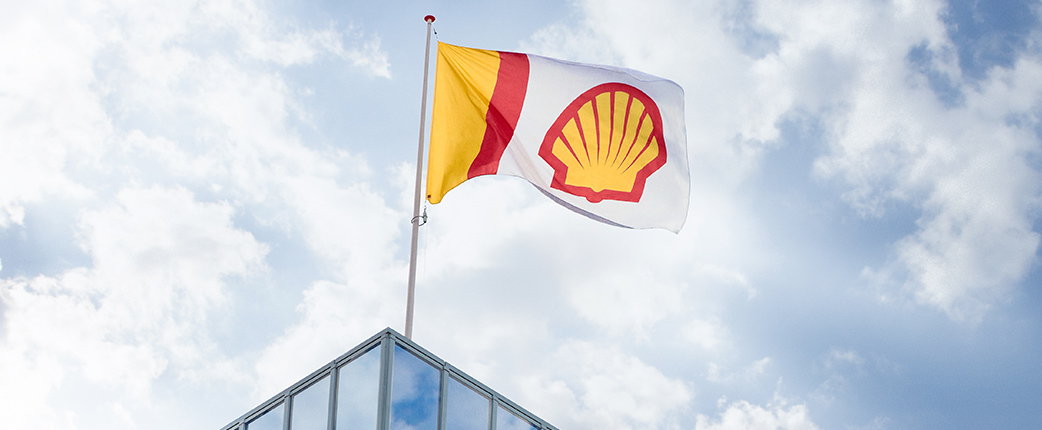
When Idemitsu Kosan Co. merged with Showa Shell Sekiyu K.K. in April last year, it took control of Shell’s fuel business and its subsidiary, Shell Lubricants Japan, setting the stage for the beginning of a new era in Japan’s lubricant industry – one without Royal Dutch Shell.
However, less than one year after the merger, in March this year, Idemitsu Kosan announced that they were going to negotiate for the sale of Shell Lubricants Japan K.K. back to Royal Dutch Shell. An Idemitsu spokesperson told Lube Report, “We find it difficult to continuously manage the lubricant business for different brands which are competing, to find synergy….”
“Operating two separate branded lubricants is costly and lacks the benefits of scale,” Stephen Ames, managing director for United States-based SBA Consulting, told Lube Report. “More importantly, it also dilutes management and marketing attention and requires some distancing of research and development and OEM efforts. You saw similar situations when BP bought Castrol and Exxon purchased Mobil. Both acquisitions found it more optimal to focus efforts on only one lubricants brand: Castrol and Mobil.”
For Royal Dutch Shell, known as RDS, Idemitsu’s acquisition of its Japan lubes business created a precarious situation. “I think the main reason [for the sale] was Royal Dutch Shell requested to acquire Shell Lubricants Japan,” said Dr. Takeo Kikkawa, a Japanese professor specializing in the Japanese oil industry at the Graduate School of International Management, International University of Japan. “Although Royal Dutch Shell decided to leave the Japanese fuel market in view of falling demand, the company was still interested in the lubricant market and hoped to continue with the business.
“The reason is that the Japanese car manufacturers who are the end-users of lubricants are active in the global markets, and if RDS stops selling in Japan, then this will have a large impact on RDS’s lubricant business globally.”
Keeping the Shell brand in Japan was key because relationships with original equipment manufacturers still count. “In the case of supply chains, the decision makers are the automobile manufacturers and not the oil [or lubricant] companies,” Kikkawa added. “No matter how high the total [market] share of Eneos and Idemitsu Showa Shell is, its influence is limited. In addition, lubricant brands like RDS and Mobil are still popular in the Japanese market.”
Other analysts see the danger of losing market position for Shell not only in Japan but also in Asia if the company left Japan.
Shell concurs. “Japan is one of the top five lubricants markets in the world, and many of the world’s leading OEMs are Japanese,” a Shell spokesman told Lube Report. “Japanese OEMs are amongst the leaders in defining future lubricants requirements globally in the segments of automotive, construction and industry, and strong relationships with Japanese OEMs are essential for any globally integrated lubricants business.”
In 2015, RDS, a major shareholder of Showa Shell Sekiyu K.K., reached an agreement for Idemitsu to buy its 33.2% of its shareholding in the company, for ¥169 billion (U.S. $1.4 billion).
The management of Idemitsu Kosan said it was keen to merge with Showa Shell because it could help strengthen competitiveness amidst a contraction in the Japanese fuels market, in addition to gaining a share in the growing solar energy business in Japan.
The family of Idemitsu Kosan’s founder opposed the merger, however, and because they remained significant shareholders, this led to a four-year delay. Not until April 2019 was the deal completed, creating Japan’s second-largest lubricant supplier. The new company and Japan’s largest lubricant supplier, JXTG, have a combined share of 89% of the Japanese lubricant market, according to global consultancy firm Kline & Co.
In August this year, Idemitsu Kosan agreed to sell Shell Lubricants Japan back to Shell, and the transfer of shares is expected to be completed by the end of this year. Shell Lubricants Japan has two blending plants in Japan, one in the eastern city of Yokohama, the other in Kobe, in the west.
“The automotive [lubricant] sector is resilient and remains a key pillar in our growth strategy,” Shell Executive Vice President for Global Commercial Carlos Maurer said in announcing the acquisition on LinkedIn. “And we do this with a customer-centric approach – collaborating closely with original equipment manufacturers in Japan and around the world, while innovating and working together to meet customer needs.”
In 2018, the Asia-Pacific region accounted for 44% of global lubricant demand, according to K&E Petroleum Consulting President H. Ernest Henderson.
According to the Japan Automobile Manufacturers Association, global sales of all motor vehicles reached 91.3 million units last year. Almost half or 44% were sold in Asia-Pacific. Japanese OEMs have 103 automotive plants, or more than half of their total number of overseas plants, in Asia. Europe and Africa only have 19 plants each.
Idemitsu Kosan will retain 3,000 Shell-branded gas service stations in Japan and is in the process of renaming them to its Apollostation brand. Currently Shell-brand fuels and lubricants are sold at Shell-brand service stations, and Idemitsu Kosan told Lube Report that it will continue to do so until April 2021, when re-branding of service stations is expected to be completed. Thereafter, it has not decided if the sale of Shell lubricants and fuels will continue. “Currently, we are looking into the matter,” said the spokesman.
Analysts said losing those service stations as a sales channel would have minimal impact on Shell’s lubricant business. “In terms of lubricant sales, an increase in service stations will have significance in the case of the business-to-consumers market, but in the important business-to-business segment – in terms of marketing to automobile manufacturers – there is not much relationship even if there was an increase in service stations,” said Kikkawa. “Shell will probably be able to maintain marketing channels through car dealers, automotive parts shops and others.”